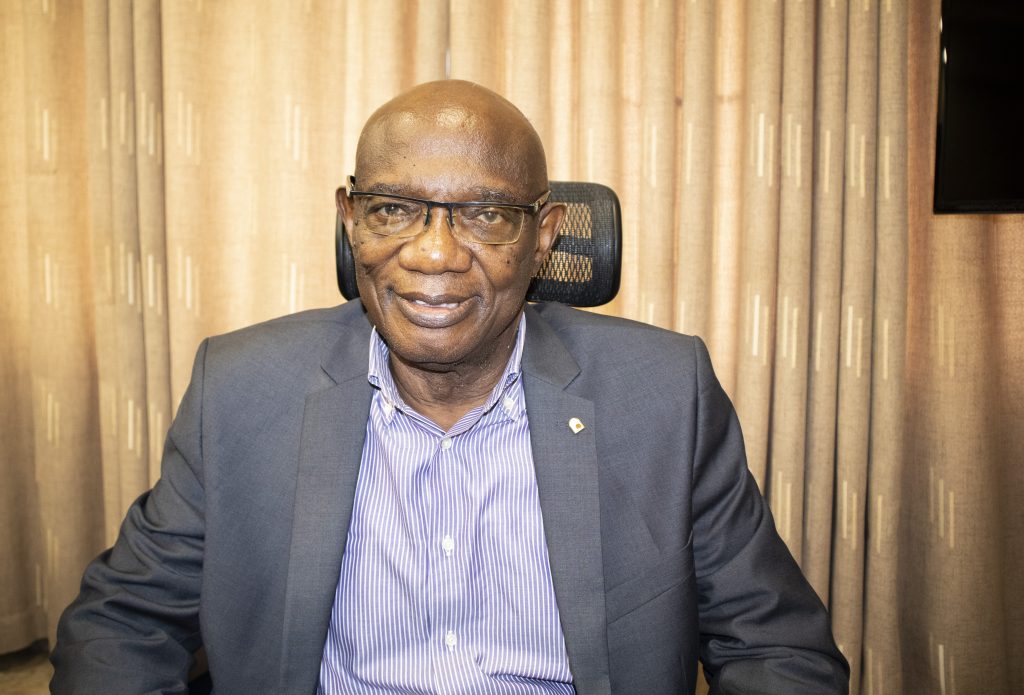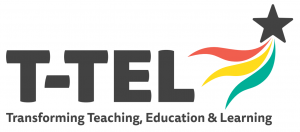
The board is responsible for T-TEL’s strategic direction and governance of T-TEL since its inception. As T-TEL celebrates its first anniversary, how would you describe the progress which T-TEL has made against its organisational mission and vision?
So far we have made great progress towards achieving our vision and mission. We set out to be a truly Ghanaian company operating in the area of education. T-TEL is fully Ghanaian owned, and the excellent technical personnel are all Ghanaians. We now have a total of 41 full time staff and a number of part-time key advisors who are all Ghanaians. We have developed a number of important policies including T-TEL’s Strategic Framework for 2020-2025 which guides our operations. We have made good progress in establishing a strong working relationship with the Ghana Tertiary Education Commission (GTEC). We also have strong relationships with the Ministry of Education, the 5 public universities with teacher education programmes, and other MoE agencies such as NaCCA and NTC. In terms of progress with our mission, we are already working with Mastercard Foundation on the secondary education transformation project as well as projects with DeliverEd and EdTech Hub.
Why is T-TEL’s vision important for Ghana?
Our vision is “Transformed Education for Development”. We believe Ghana has reached a stage where education should not only be acquired for its own sake but must transform people’s lives in a positive way. It should provide graduates with not only the content knowledge but also the soft skills and relevant practical skills and the know-how. This ties in well with Ghana’s current Educational Strategic Plan (2018-2030) which aspires to “make Ghana a Learning Nation.” This calls for change in how we teach, how we use assessment to support learning, how we cater for all manner of students through equity, and gender inclusion, how we carry out differentiated learning, how we use ICT to support learning, and how to make career guidance and counselling operational in our schools.
What would you say is T-TEL’s main achievement in the past year?
As T-TEL, we have been able to sign a contract with Mastercard Foundation to support the MoE to transform secondary education in the country. We are making good progress in this direction. We have also made good progress with the 5 universities we are working with and MoUs have been signed to support them and the 46 colleges of education to implement the B.Ed. teacher education programme. An MoU has also been signed with GTEC while the 6th National Implementation Support Team (NIST) meeting has been held with the universities and colleges to help progress teacher education. T-TEL also successfully carried out a deep dive research on the state of secondary education in the country with partners including GES and MoE.
What message would you like to share with everyone working with T-TEL?
T-TEL is me and you; and its only together that we can succeed. Let’s all work as if we are working for the Lord Jesus and not for the Executive Director. When you succeed, we all succeed.
What can T-TEL do better as an organisation and what are the prospects for the future?
T-TEL has a reputation, a good name which we need to protect. We must continue with the current trajectory of building trust with different organisations by delivering quality and acceptable products, providing good customer service, and using the best human resources available in the country. The Future looks bright as we continue to build trust. Transforming the education system will require at least two decades and T-TEL has a role to play in all aspects.
